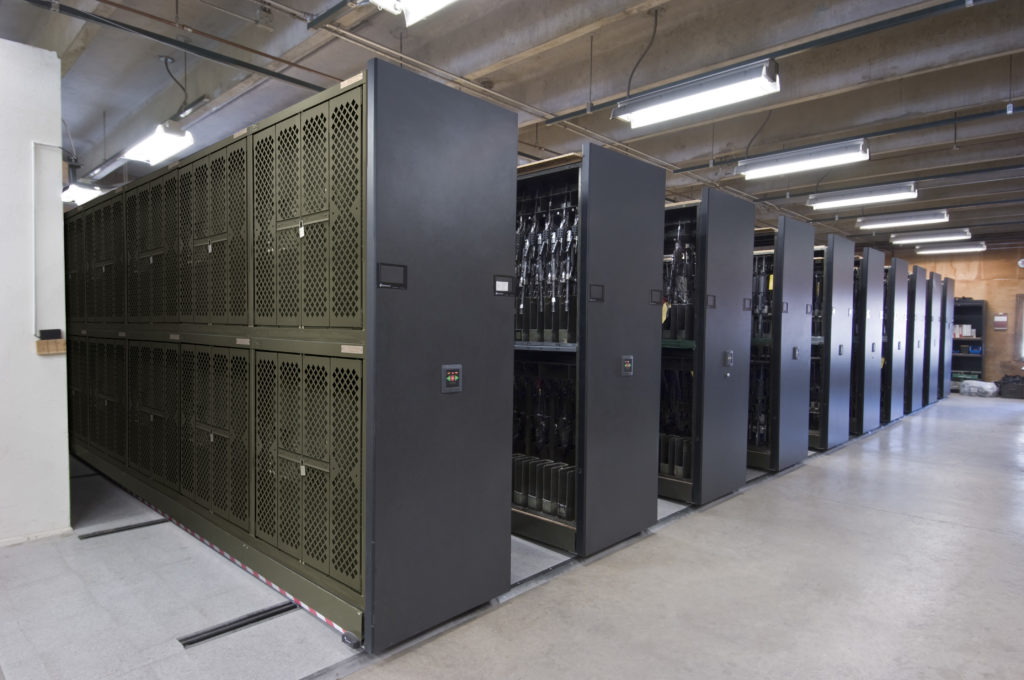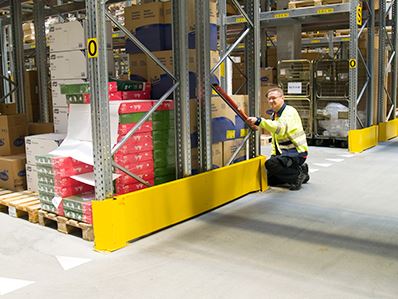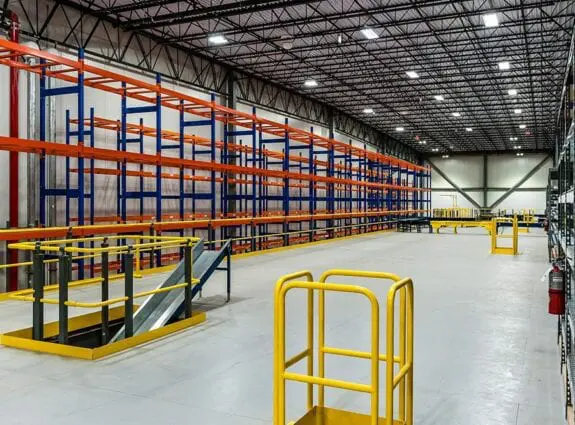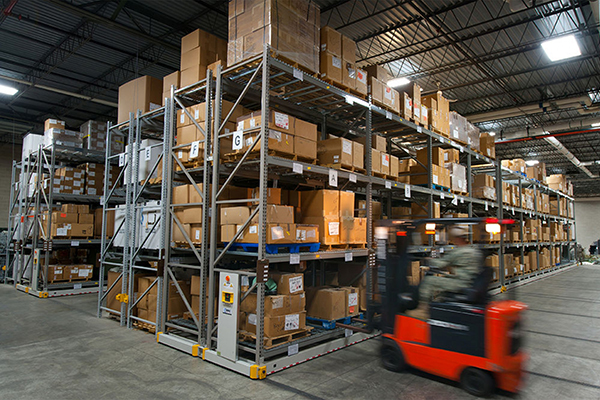
Law enforcement officers are entrusted with the responsibility of safeguarding our communities. To effectively carry out this duty, they rely on an array of equipment, with firearms being among the most critical. Properly storing these weapons is paramount, not only for the safety of officers but also for the communities they serve. In this blog, we delve into the crucial importance of proper weapons storage in law enforcement.
Ensuring Safety and Security
Preventing Unauthorized Access: One of the primary reasons for secure weapons storage is to prevent unauthorized access. Firearms falling into the wrong hands can have catastrophic consequences. Proper storage solutions, such as gun safes and lockers, ensure that only authorized personnel can access the weapons.
Reducing the Risk of Accidents: Accidental discharges and mishandling of firearms can occur if they are not stored securely. Secure storage helps reduce the risk of unintentional incidents, enhancing overall safety.
Maintaining Accountability
Tracking Inventory: Proper weapons storage systems often include inventory management features. This helps law enforcement agencies keep track of their firearms, ensuring that each weapon is accounted for and properly maintained.
Compliance and Reporting: Many jurisdictions have strict regulations regarding the storage of firearms by law enforcement agencies. Proper storage solutions help agencies stay compliant with these regulations and simplify reporting requirements.
Operational Efficiency
Quick Access: Law enforcement officers need to be able to access their firearms swiftly when responding to emergencies. Secure storage solutions designed for quick access ensure that officers can retrieve their weapons without delay.
Organized Equipment: Organized storage also extends to other critical equipment, such as ammunition, less-lethal weapons, and body armor. Having all essential gear in one place streamlines operations and response times.
FAQ
Q1: What are some common types of secure weapons storage for law enforcement agencies?
Common types include gun safes, lockers, cabinets with digital or biometric locks, and weapon storage racks. The choice depends on the agency’s specific needs and budget.
Q2: Are there regulations governing weapons storage for law enforcement agencies?
Yes, regulations can vary by jurisdiction, but many have specific requirements for the secure storage of firearms in law enforcement facilities. Agencies should familiarize themselves with local laws and regulations.
Q3: How often should firearms be inspected and maintained while in storage?
Firearms should undergo regular inspections and maintenance, as outlined in the agency’s policies. This typically includes checking for functionality, cleaning, and ensuring that weapons are properly stored to prevent rust or damage.
Q4: What measures can be taken to enhance the security of weapons storage areas within law enforcement facilities?
Enhancements may include security cameras, access control systems, intrusion alarms, and additional layers of physical security to deter unauthorized access.
Proper weapons storage is not just a matter of compliance; it’s a fundamental element of law enforcement operations that ensures safety, accountability, and operational efficiency. Investing in secure and organized storage solutions is a critical step toward maintaining the highest standards of professionalism and safety within law enforcement agencies.




